Which Premier League clubs conduct the best transfer business?
With the summer transfer window gathering momentum, theScore explores the previous five seasons of business in the Premier League to see which teams are the best at brokering deals.
Does a high net spend equal success?
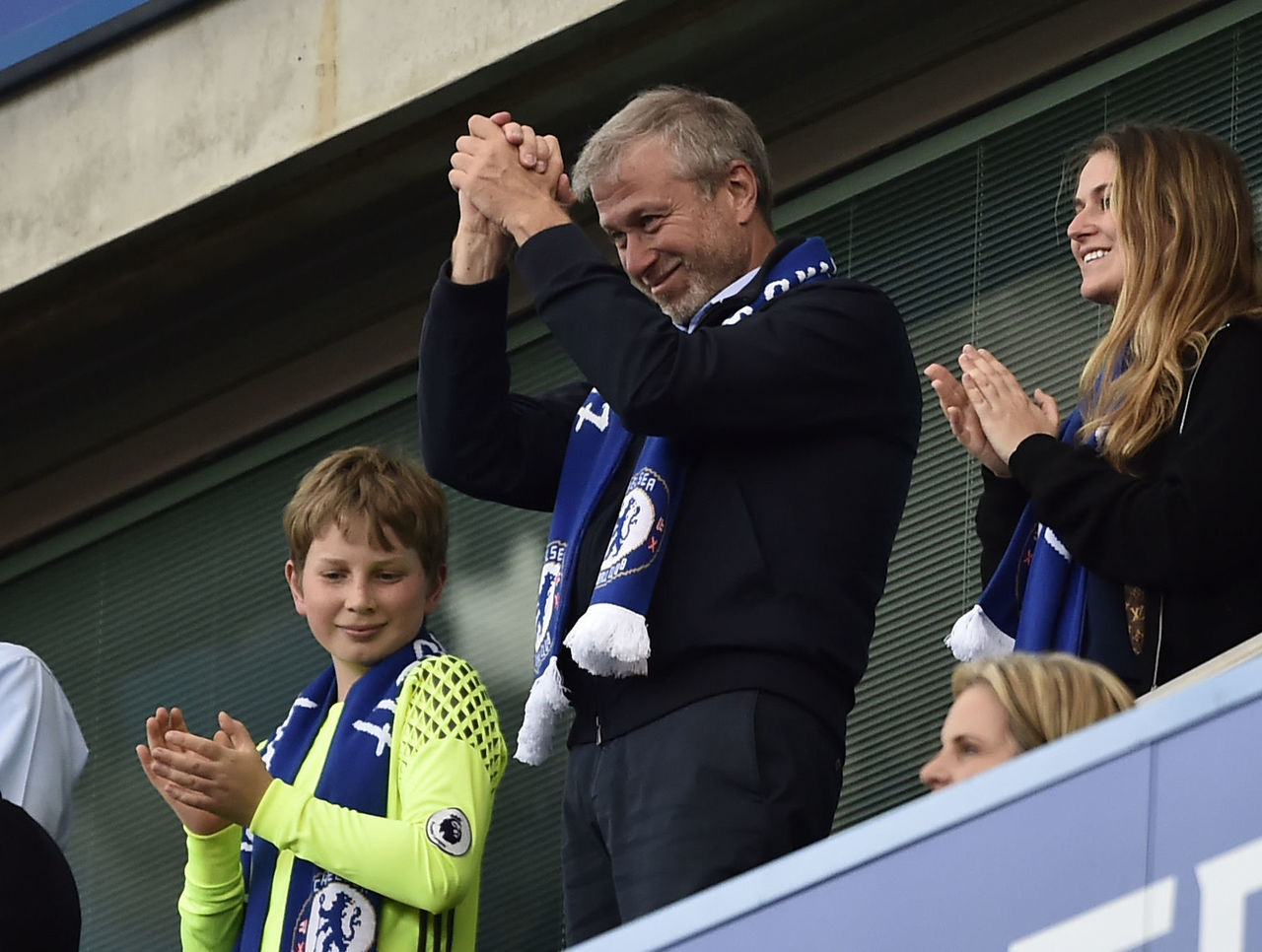
A great deal of fuss revolves around the gross spend made by clubs in transfer windows, but if much of this expenditure is recouped through the sale of second-string players, does it really matter?
One of the champions of developing youth, and then enticingly listing it to potential buyers as "hardly used" is Chelsea. In the early years of the Roman Abramovich era - when John Terry was 22 (and today he remains the only academy graduate to win a regular senior starting role since) - countless signings were conducted while very little - a Mikael Forssell here, a Jesper Gronkjaer there - left the club for a decent sum.
Nowadays, quick turnover of reserve players and putting youngsters in the shop window via loan spells has Chelsea showing a similar bottom line to rival West Ham United - albeit with very different results.
Here is the net spend and average league finish of the 12 teams to feature in each of the last five seasons of the Premier League:
| Team | Net transfer spend in millions | Average league finish |
|---|---|---|
| Manchester City | €503.58 | 2.4 |
| Manchester United | €479.74 | 4.6 |
| Arsenal | €247.58 | 3.6 |
| Liverpool | €168.86 | 5.4 |
| Chelsea | €156.18 | 3.6 |
| West Ham United | €145.72 | 10.6 |
| Stoke City | €93.24 | 10.6 |
| Everton | €90.14 | 8 |
| West Bromwich Albion | €69.05 | 12.4 |
| Southampton | €36.86 | 8.6 |
| Swansea City | €9.52 | 11.2 |
| Tottenham Hotspur | €9.39 | 4.2 |
The undoubted winner is Tottenham Hotspur, which has smartly snapped up young English talent just as its value was swelling due to homegrown player restrictions. The post-Gareth Bale spending spree was frivolous, but ultimately Spurs are getting the best bang for their buck and, according to figures from the CIES Football Observatory in January, have the third most valuable squad in world football after Real Madrid and Barcelona.
Finding goals
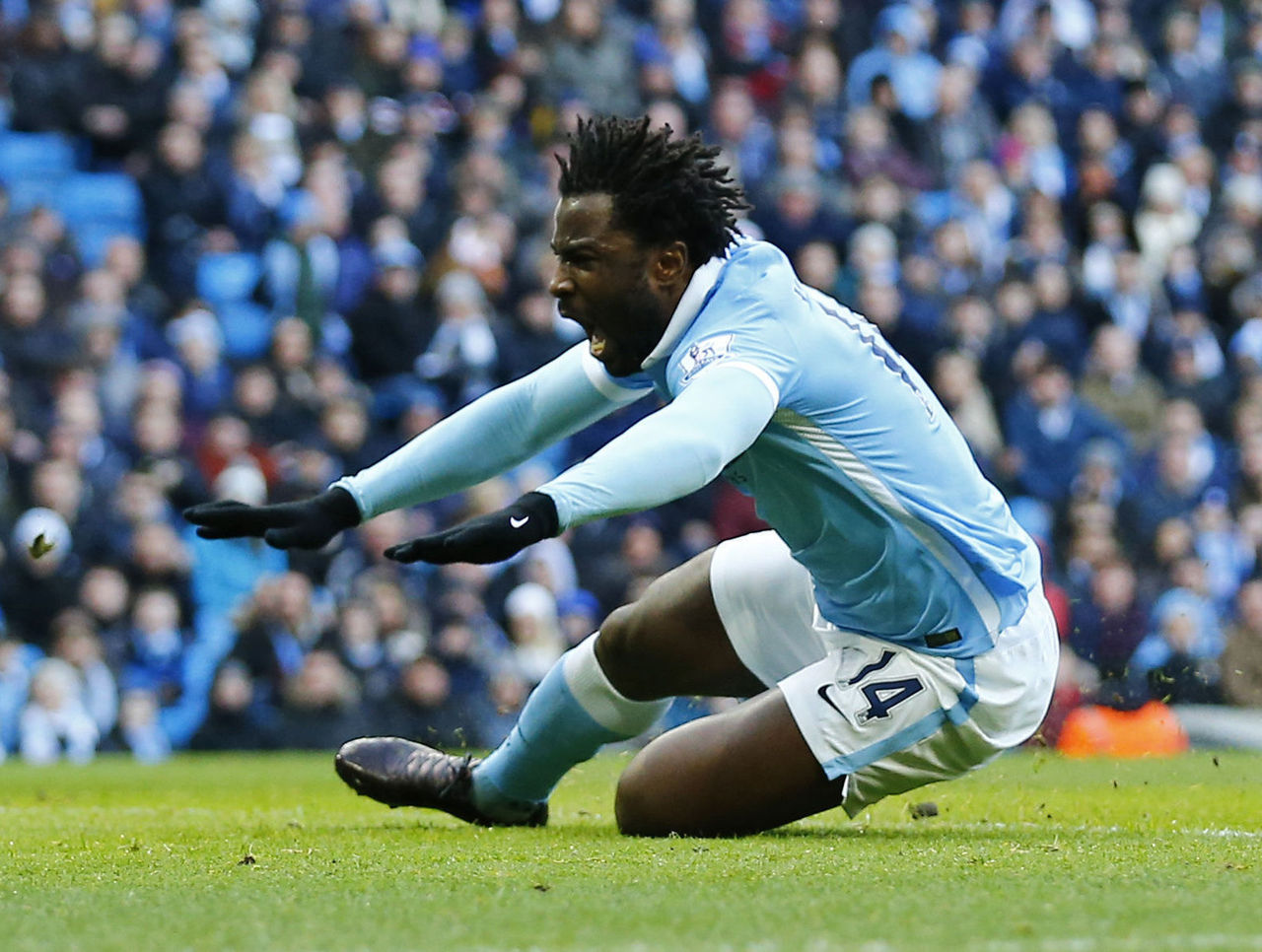
While Spurs smartly sit back and watch the transfer tomfoolery this summer, they can't be overly proud of their record of acquiring strikers.
One of the sorriest spend-to-goals ratios over the past few years belongs to Manchester City, though. Since Sergio Aguero's arrival in 2011, the club hierarchy's attempts to find someone suitable to partner or compete with the Argentine up top have been largely fruitless. Until Gabriel Jesus rolled into Manchester last January, the best candidate appeared to be Alvaro Negredo in a half-season of devastating form in 2013-14.
| Team | 3 most expensive strikers | Combined transfer fee in millions | Total appearances | Total goals |
|---|---|---|---|---|
| Liverpool | Christian Benteke + Sadio Mane + Roberto Firmino | €128.70 | 122 | 43 |
| Chelsea | Michy Batshuayi + Diego Costa + Eden Hazard | €112 | 283 | 114 |
| Manchester United | Anthony Martial + Robin van Persie + Radamel Falcao | €98.30 | 168 | 67 |
| Manchester City | Wilfried Bony + Gabriel Jesus + Stevan Jovetic | €90.30 | 76 | 21 |
| Arsenal | Alexis Sanchez + Danny Welbeck + Lucas Perez | €82.50 | 166 | 64 |
| Tottenham Hotspur | Roberto Soldado + Heung-Min Son + Vincent Janssen | €82.10 | 141 | 27 |
| Everton | Romelu Lukaku* + Oumar Niasse + Arouna Kone | €60.26 | 163 | 59 |
| West Ham United | Andre Ayew + Andy Carroll* + Enner Valencia | €56.60 | 153 | 37 |
| Southampton | Sadio Mane + Manolo Gabbiadini + Dani Osvaldo | €55.10 | 91 | 28 |
| Swansea City | Borja Baston + Wilfried Bony + Alberto Paloschi | €43.50 | 82 | 28 |
| Stoke City | Xherdan Shaqiri + Saido Berahino + Joselu | €38.90 | 83 | 11 |
| West Bromwich Albion | Salomon Rondon + Brown Ideye + Victor Anichebe | €35.53 | 151 | 27 |
* Doesn't include initial loan spell
Since the 2012-13 season, Chelsea and Manchester United have seen the greatest strike rate from their biggest frontman buys (0.4 goals per game), with Arsenal following close behind (0.39). The figures from United and the Gunners, however, are bloated by the individual exploits of Robin van Persie and Alexis Sanchez.
The worst record of strikers extravagantly purchased in the past five years belongs to Stoke City (0.13 goals per game), with all three players brought to the Potteries by Mark Hughes. Obviously the amount entrusted to the Welshman is low, but that's no excuse when the conveyor belt of managers at Swansea City is seeing almost three times the productivity (0.34) from its marquee striker signings with a similar budget.
Managers' career performances
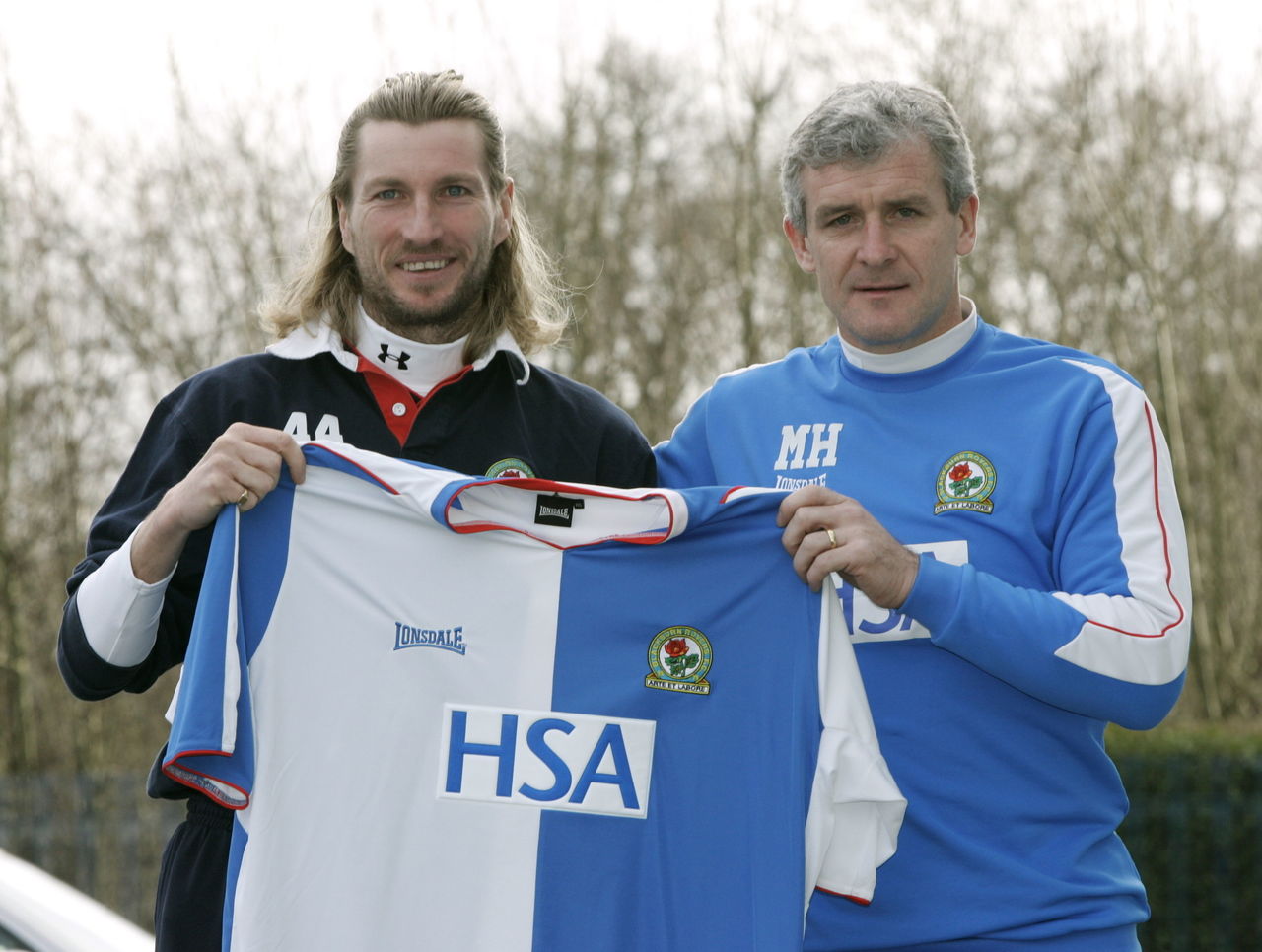
Hughes' record for signing strikers for Manchester City wasn't spectacular either. The most expensive transfer of his managerial career, £32.5-million Robinho, was accompanied by £17.5-million Roque Santa Cruz. Two very different players and, ultimately, two busts.
Still, at least his first-ever signing in club football was a massive nab of, ahem, Robbie Savage.
Arsene Wenger (Arsenal)
- First signing: Jean-Luc Arribart to Nancy (1984)
- Most expensive signing: Mesut Ozil to Arsenal for £42.5 million (2013)
Antonio Conte (Chelsea)
- First signing: Daniele De Vezze to Bari (2008)
- Most expensive signing: Michy Batshuayi to Chelsea for £33 million (2016)
Ronald Koeman (Everton)
- First signing: Bob Peeters to Vitesse (2000)
- Most expensive signing: Jordan Pickford to Everton for £30 million (2017)
Jurgen Klopp (Liverpool)
- First signing: Spasoje Bulajic to Mainz (2002)
- Most expensive signing: Mohamed Salah to Liverpool for £36.9 million (2017)
Pep Guardiola (Manchester City)
- First signing: Seydou Keita to Barcelona (2008)
- Most expensive signing: Zlatan Ibrahimovic to Barcelona for £40 million plus Samuel Eto'o (2009)
Jose Mourinho (Manchester United)
- First signing: Maciel to Uniao Leiria (2001)
- Most expensive signing: Paul Pogba to Manchester United for £89 million (2016)
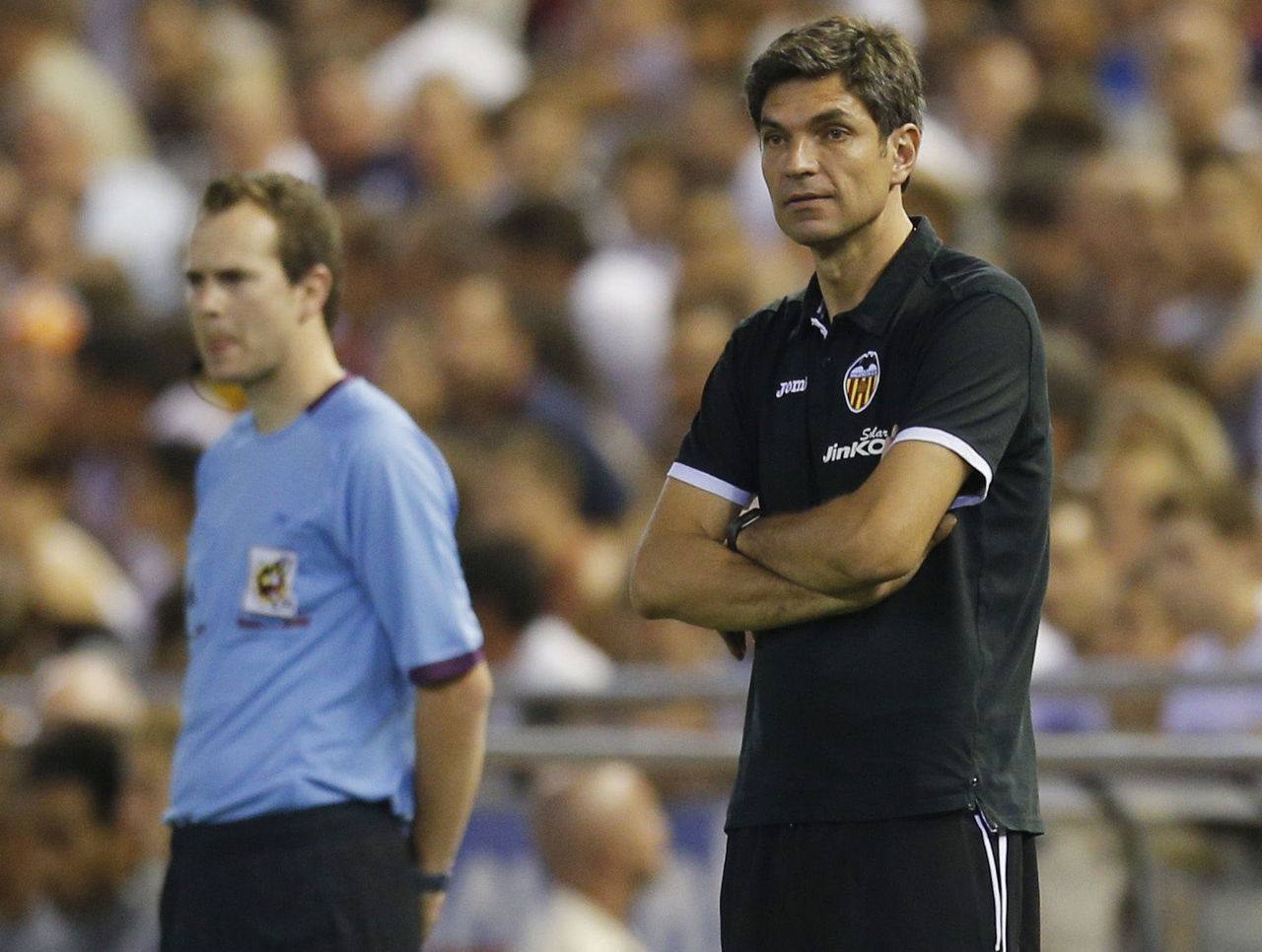
Mauricio Pellegrino (Southampton)
- First signing: Joao Pereira to Valencia (2012)
- Most expensive signing: Sergio Canales to Valencia for £5.9 million (2012)
Mark Hughes (Stoke City)
- First signing: Robbie Savage to Blackburn (2005)
- Most expensive signing: Robinho to Manchester City for £32.5 million (2008)
Paul Clement (Swansea City)
- First signing: Andreas Weimann to Derby (2015)
- Most expensive signing: Bradley Johnson to Derby for £6 million (2015)
Mauricio Pochettino (Tottenham Hotspur)
- First signing: Ivan Alonso to Espanyol (2009)
- Most expensive signing: Moussa Sissoko to Tottenham for £30 million (2016)
Tony Pulis (West Bromwich Albion)
- First signing: Steve Fletcher to Bournemouth (1992)
- Most expensive signing: Nacer Chadli to West Brom for £13 million (2016)
Slaven Bilic (West Ham United)
- First signing: Pablo Munhos to Hajduk Split (2001)
- Most expensive signing: Andre Ayew to West Ham for £20.5 million (2016)
Pochettino's Ivan Alonso buy or Guardiola's €14-million pinch of Seydou Keita yielded instant results, and also show how lofty the pair's respective beginnings in management were. But arguably the most telling signing was Steve Fletcher.
Quintessential target man Fletcher was snapped up by then-Bournemouth handler Tony Pulis in 1992, and went on to spend two spells there amounting to 18 years, 728 appearances, and 121 goals. He then took up ambassadorial and scouting roles with the Cherries when he hung up his boots, and is firmly a club legend.
Long-term build or short-term fix?
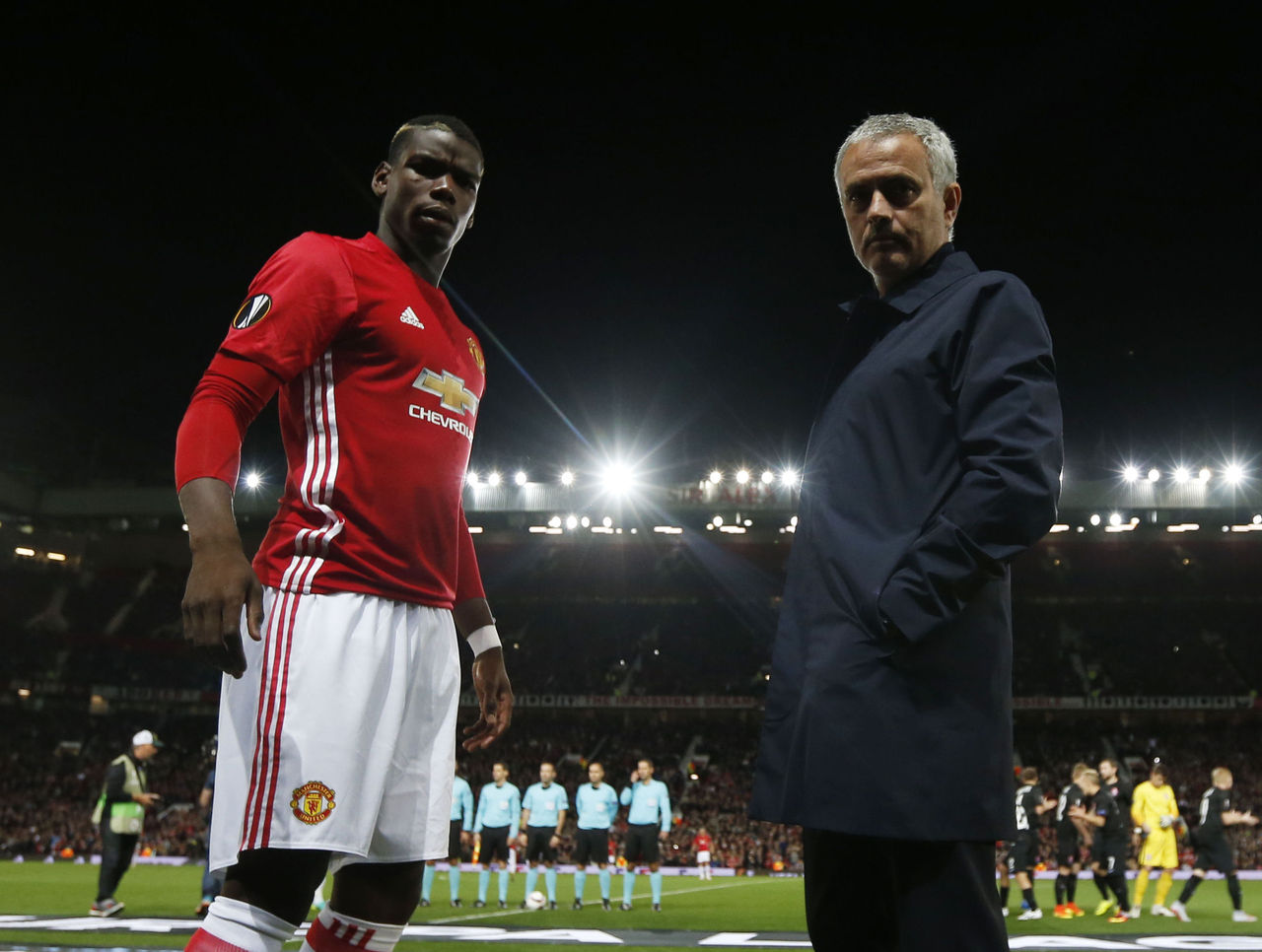
When it comes to signings, Pulis often looks for experience. For half of the last five years, the Welshman has brought some older heads to West Bromwich Albion, just as wheeler-dealer Sam Allardyce did at West Ham between 2011 and 2015.
Unsurprisingly, Tottenham's acquired players tend to be on the young side as Levy builds a long-term core to help spread costs for the expensive stadium under construction on the old White Hart Lane site.
| Team | Average age of signings |
|---|---|
| Manchester United | 23.23 |
| Tottenham Hotspur | 23.48 |
| Swansea City | 23.55 |
| Liverpool | 23.65 |
| Chelsea | 23.98 |
| Everton | 24 |
| Arsenal | 24.16 |
| Stoke City | 24.28 |
| Southampton | 24.57 |
| Manchester City | 24.85 |
| West Bromwich Albion | 26.34 |
| West Ham United | 27.17 |
When it comes to purchasing strikers, Manchester United has often opted for know-how. In the past five years, Van Persie, Radamel Falcao, and Zlatan Ibrahimovic have continued a trend forged by Teddy Sheringham, Henrik Larsson, and Dimitar Berbatov before them - but still, United has picked up the youngest players since 2012-13.
Whether it's trying to mask an academy system that has recorded disappointing results in recent years, or simply down to shrewd scouting, you can't deny the sturdy foundations being assembled at Old Trafford. Since his appointment last summer, Jose Mourinho has unveiled Eric Bailly and Victor Lindelof as his new central defensive partnership, and corrected one of the club's daftest sales in recent memory by re-signing Paul Pogba.
Which clubs conduct the best business?
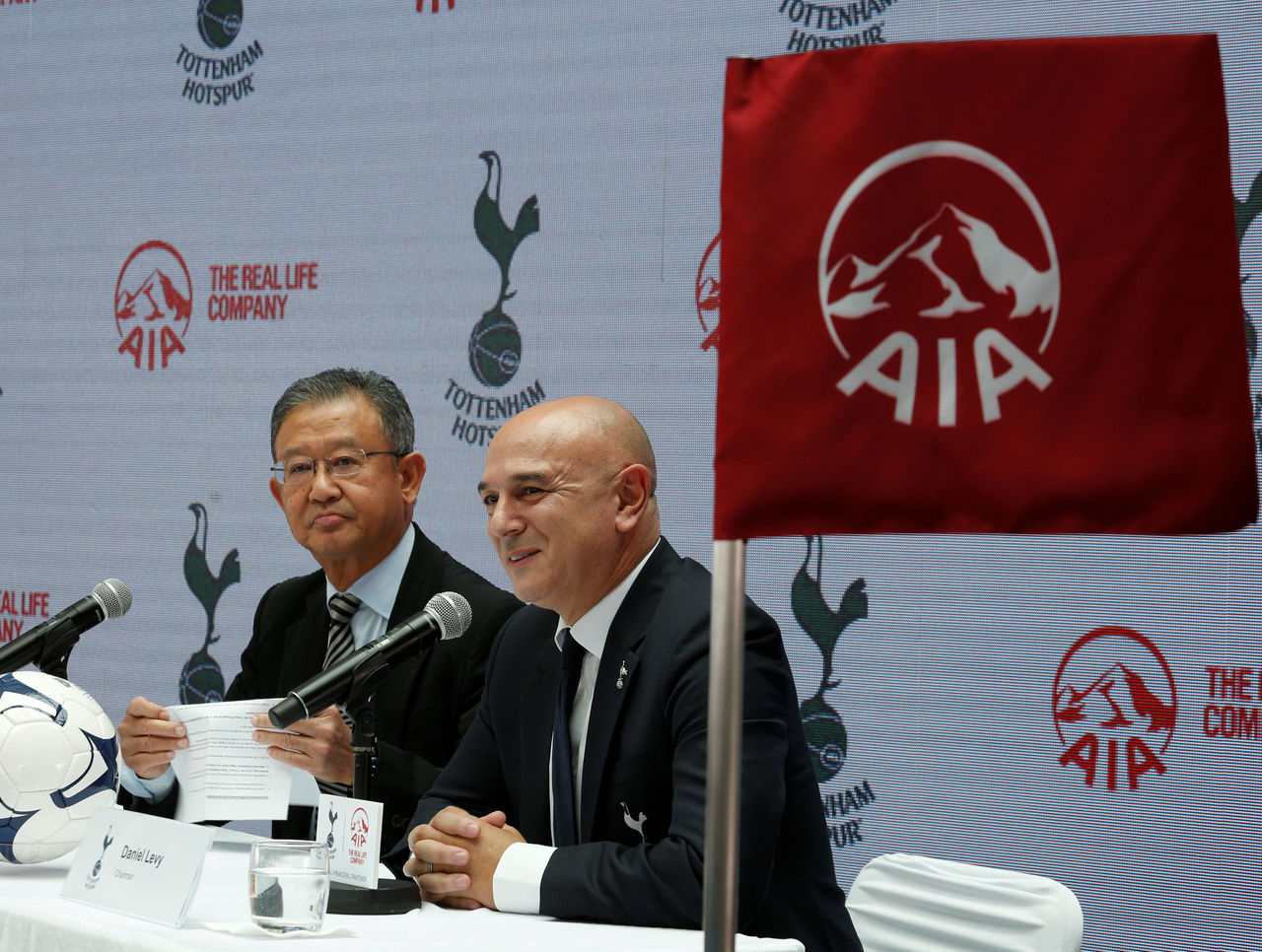
There have been some big busts at Tottenham - last summer's swoops for Vincent Janssen and Moussa Sissoko were unequivocal failures - but the way the club has partnered exciting academy products with young talents nabbed from elsewhere puts the club in a strong position going forward.
Picking up Dele Alli for an initial £5 million, and plenty of others for bargain fees, and then tying them down to long-term contracts has enabled Tottenham to enter a period of upheaval - a year in the cavernous Wembley Stadium, before moving to the new White Hart Lane - on a steady footing.
Shrewd buys rather than vast expenditure have vaulted Spurs firmly into the elite of English football and, if Levy continues to bloat the asking prices for his sought-after players, they're here to stay.
| Ranking | Team |
|---|---|
| 1 | Tottenham Hotspur |
| 2 | Chelsea |
| 3 | Southampton |
| 4 | Everton |
| 5 | Swansea City |
| 6 | Arsenal |
| 7 | Manchester United |
| 8 | West Bromwich Albion |
| 9 | Liverpool |
| 10 | Stoke City |
| 11 | Manchester City |
| 12 | West Ham United |
Chelsea isn't far behind, though. The peddling of young talent amid big spending sees the Blues have less overall outlay than four of the five outfits directly below them in the 2016-17 term - and in that five-season stretch two titles have been won. The high turnover of players is controversial, but undeniably successful.
At the other end of the scale is the poor record of Manchester City. Many of the club's mainstays were signed between 2008 and 2012 - Vincent Kompany, Pablo Zabaleta, Yaya Toure, David Silva, and Aguero - but the oft-aired view of a lack of desire at City is supplemented by the poor competition for places signed up in the past five years. The recent youthful buys under Pep Guardiola suggest a change of tact at the Etihad Campus.
As for the future, it's difficult to see West Ham greatly improving its transfer business. A desperate scramble for a striker last season embarrassingly ended with Simone Zaza, Jonathan Calleri, Ashley Fletcher, and the not-entirely-convincing Andre Ayew. It was rushed, and suggested a severe lack of scouting and planning. It's difficult not to feel sorry for manager Slaven Bilic ahead of the 2017-18 kick-off.
(Photos courtesy: Action Images)